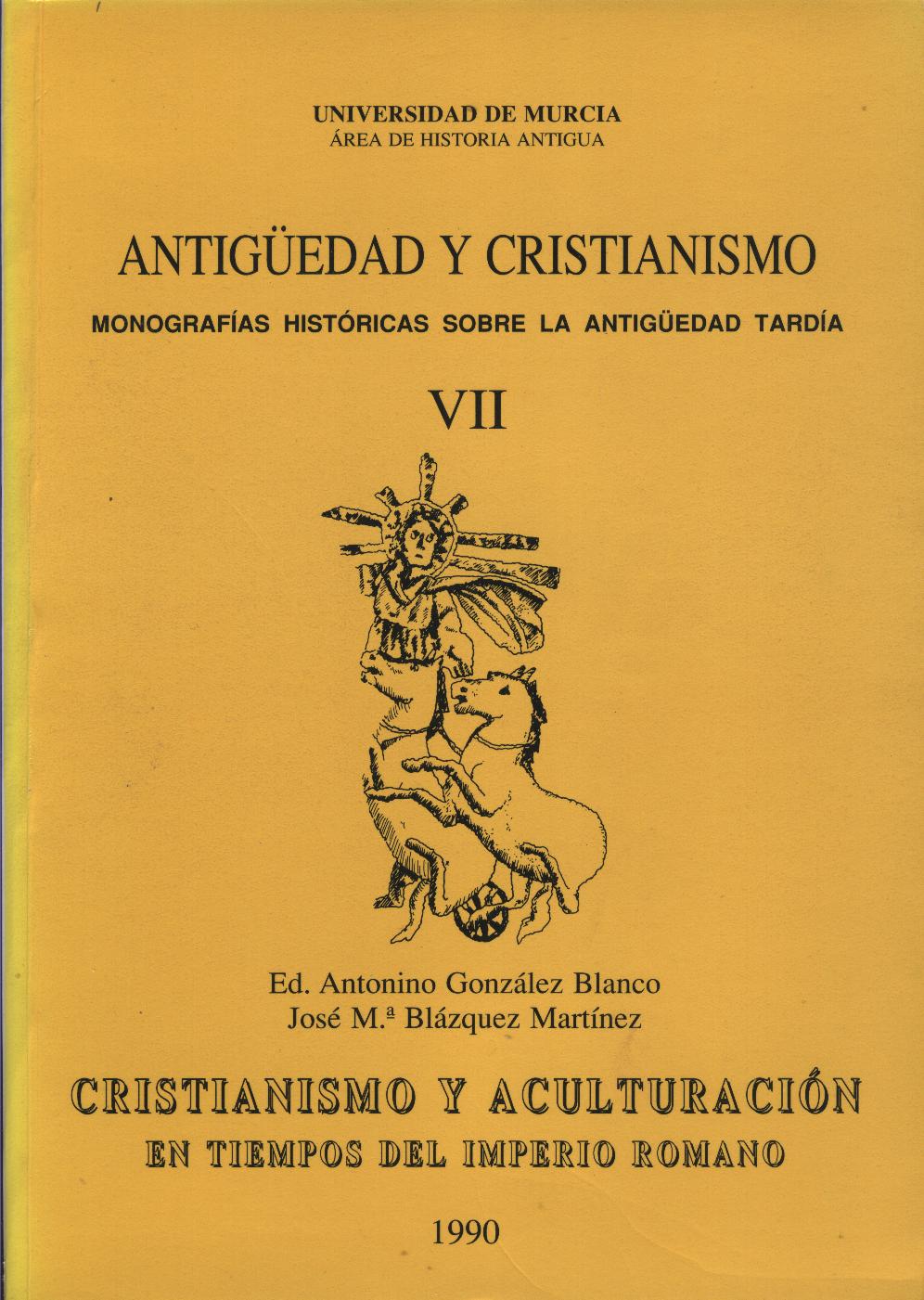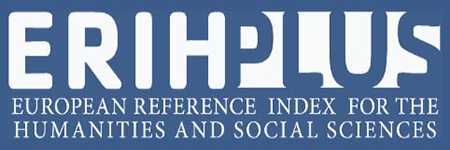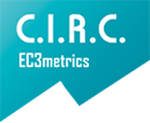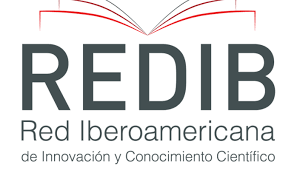Alegorismo pagano y alegorismo cristiano en Orígenes. La polémica contra Celso
Resumen
It draws our attention the use of allegorisms in the Celsian controversy as a weapon against the Christians. Celso disauthorized the use of the allegory which the christians applied to the Bible considering that this was patrimony of the grek mythology. In his CONTRA CELSUS, Origen demonstrates the impropriety of the celsian attitude on this matter. With impeccable logic he demonstrates why the reasons which Celso proposes to defend the use of allegorisms to explain the greek myths are applicable with still more reason to the Truth revealed in the Holy Scriptures because this is substantially a rhetorical metaphor which in itself is only a simple methos of exposition. Also highlighted in this study are the two viewpoints of each of the opponents, resulting evident the superior coherence and better treatment of the subject which can be observed in the works of Origen in contrast to that of his dialectical adversary.
Descargas
-
Resumen340
-
PDF815
1. Los autores ceden de forma no exclusiva a la revista los derechos de explotación (reproducción, distribución, comunicación y transformación).
2. Las obras que se publican en esta revista están sujetas a la licencia Attribution-ShareAlike 4.0 International (CC By SA 4.0). Por lo que se pueden copiar, usar, difundir, transmitir y exponer públicamente, siempre que:
i) se cite la autoría y la fuente original de su publicación (revista, editorial y URL de la obra), permitiendo así su reconocimiento.
ii) se permite remezclar, transfromar o crear a partir del material mientras se mantenga la misma licencia del original.
Nota: Los artículos anteriores a 2022 muestran incorrectamente la licencia CC by SA en la página de resumen. Están bajo una licencia CC by NC ND tal y como se incluye en los pdfs de los artículos. Los artículos publicados en 2022 y después están bajo la licencia CC by SA.

3. Condiciones de auto-archivo. Se permite y se anima a los autores a difundir electrónicamente las versiones pre-print (versión antes de ser evaluada) y/o post-print (versión evaluada y aceptada para su publicación) de sus obras antes de su publicación, ya que favorece su circulación y difusión más temprana y con ello un posible aumento en su citación y alcance entre la comunidad académica. Color RoMEO: verde.
























